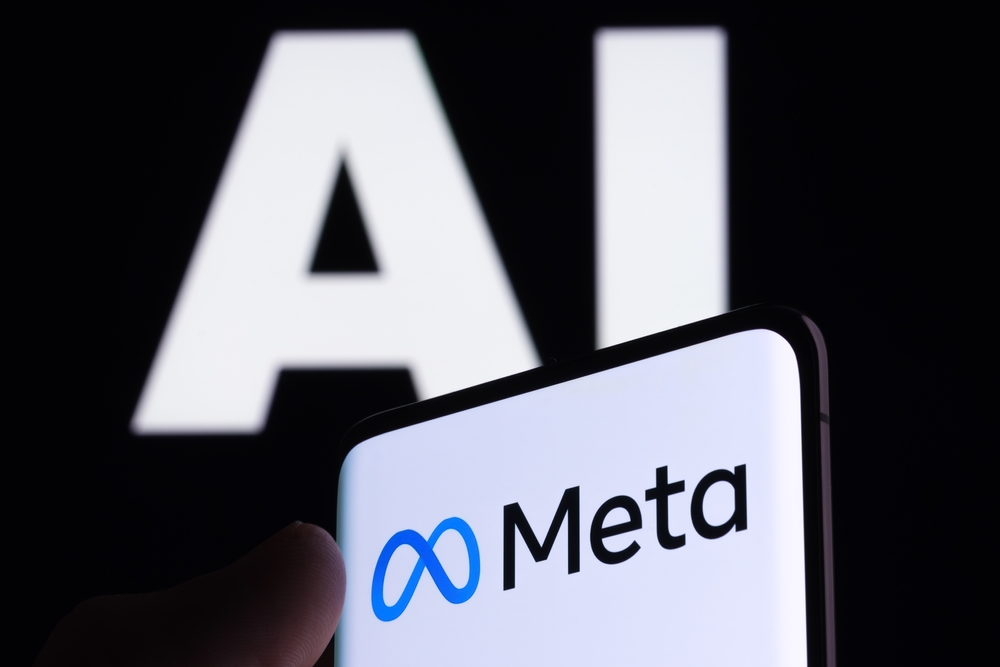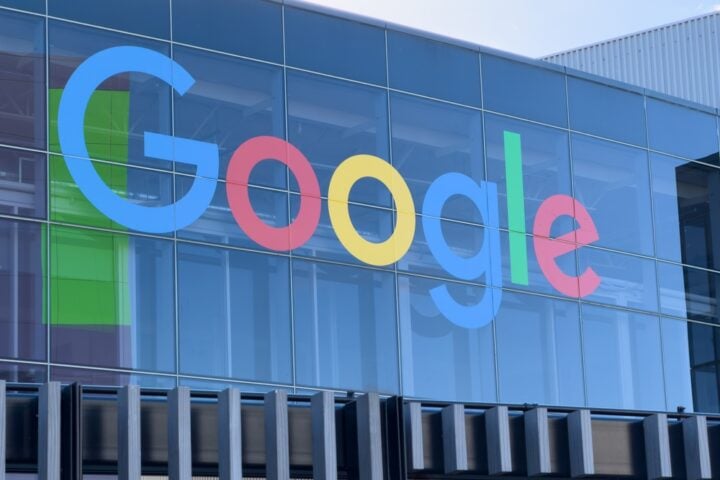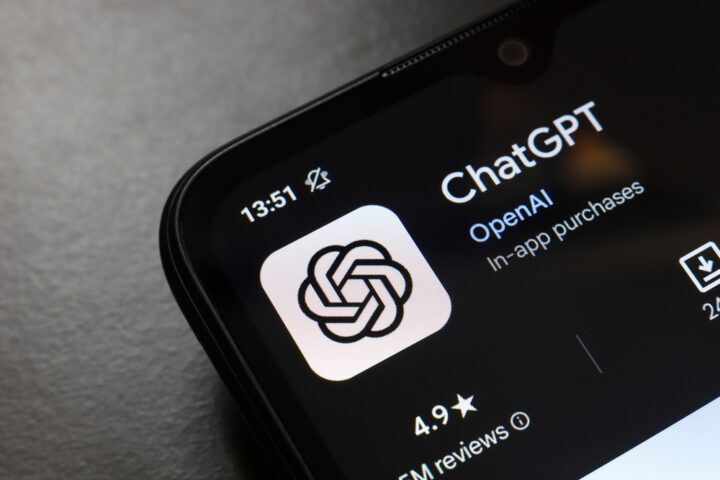Meta is making a bold move into the search engine space, aiming to develop its own AI-powered search tool to reduce dependence on Google and Bing. According to a report from The Information on October 28, Meta’s proprietary search engine will use AI to generate conversational summaries of real-time information and current events, delivering them through Meta’s chatbot across popular apps like Facebook, Instagram, and WhatsApp. The initiative marks Meta’s latest step in expanding its AI capabilities and mirrors similar moves from other major tech players.
Meta’s Strategy: Building an Independent AI Search Engine
A dedicated engineering team at Meta has been working for the past eight months on creating a comprehensive database to power this new AI-driven search engine. Currently, Meta’s AI chatbot relies on Google and Microsoft’s Bing for information; however, the company’s goal is to shift to its proprietary search tool, thus centralizing data and reducing reliance on third-party platforms.
The AI-powered search engine will feature conversational responses, summarizing recent information and current events. This aligns with Meta’s broader vision to integrate advanced AI technologies across its platforms, providing users with immediate, AI-generated information in response to their queries.
Meta Joins the Race for AI Search Dominance
Meta’s venture into search follows similar developments from other tech giants. In July, OpenAI, led by Sam Altman, introduced “SearchGPT,” a prototype search engine designed to integrate with ChatGPT. Similarly, Apple has taken steps to replace some Google search functions with its AI tools, according to a report from Bloomberg on October 2. Meta’s ambitions indicate an industry-wide shift where AI-powered search capabilities are becoming increasingly central to tech companies’ offerings, positioning them to deliver AI-generated insights and information on their own terms.
This trend reflects the rising importance of AI-driven search engines and the potential these companies see in providing users with more interactive and conversational search experiences. For Meta, developing an in-house search tool may enhance user engagement on its social media platforms and provide a competitive edge in the rapidly evolving AI landscape.
AI and News: Meta’s Partnership with Reuters Signals a Return to Content
Meta’s pursuit of AI-based news content is reinforced by its recent partnership with Reuters. Announced on October 25, this multi-year deal will bring AI-powered chat functions to Meta’s platforms, enabling users to access news content through conversational interfaces. This collaboration marks a significant shift, as Meta has largely steered clear of news content in recent years, scaling back its “News Tab” and reducing its emphasis on political news after 2020.
Instead of directly embedding news in users’ feeds, Meta’s latest approach focuses on actively engaging users who seek out news. This controlled re-entry into news content aims to give users more autonomy in accessing current events without overwhelming them with passive content, an approach that minimizes past issues related to the distribution of news and political content on its platforms.
Industry Implications and Competitive Dynamics
Meta’s AI search engine and its renewed focus on news through partnerships could reshape competitive dynamics in both search and social media. By moving toward a self-sustained search infrastructure, Meta positions itself to capture more user data within its ecosystem, avoiding potential conflicts with Google and Bing over data sharing. The AI-powered news partnership, meanwhile, redefines Meta’s relationship with content, addressing user demand for news while steering clear of political content controversies that have plagued the platform in the past.
Nvidia’s recent launch of a new open-source AI model, which outperformed GPT-4 on key benchmarks, further underscores the fierce competition in the AI space. Meta’s partnerships and AI-driven innovations are part of a broader industry trend where companies are leveraging AI to provide specialized, real-time information services that go beyond traditional search engine models.
Meta’s move to create an independent AI-powered search engine signifies its ambition to become a significant player in the search landscape, challenging Google and Bing. With AI-powered news content from Reuters and the potential for enhanced, interactive search capabilities, Meta aims to drive user engagement and meet evolving user demands for real-time, AI-generated insights. As the tech giant refines its approach to news and search, its efforts reflect a broader industry shift toward integrating AI in ways that deepen user experience while maintaining control over content delivery.







